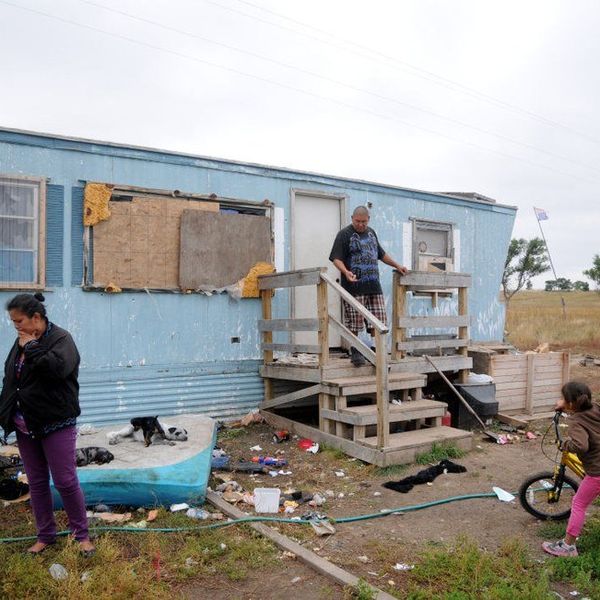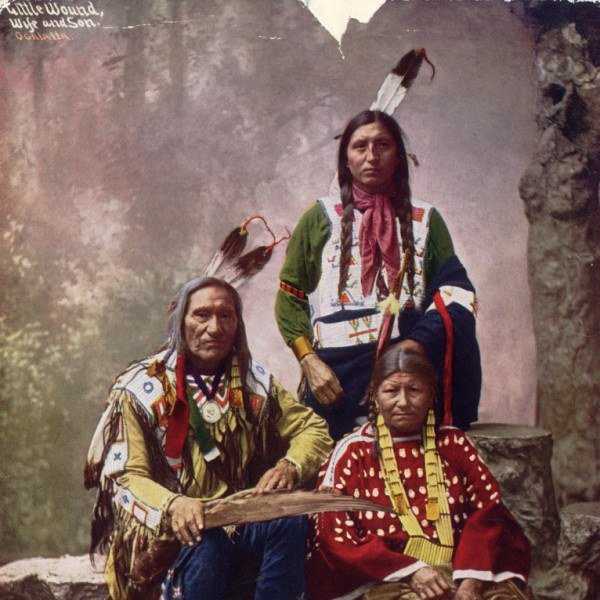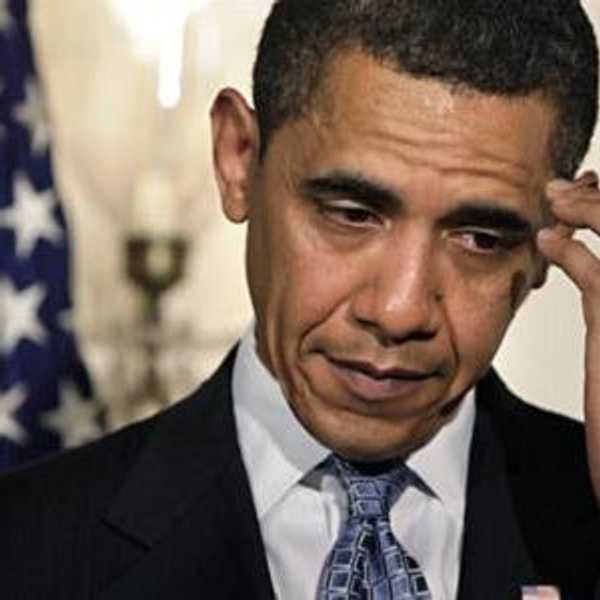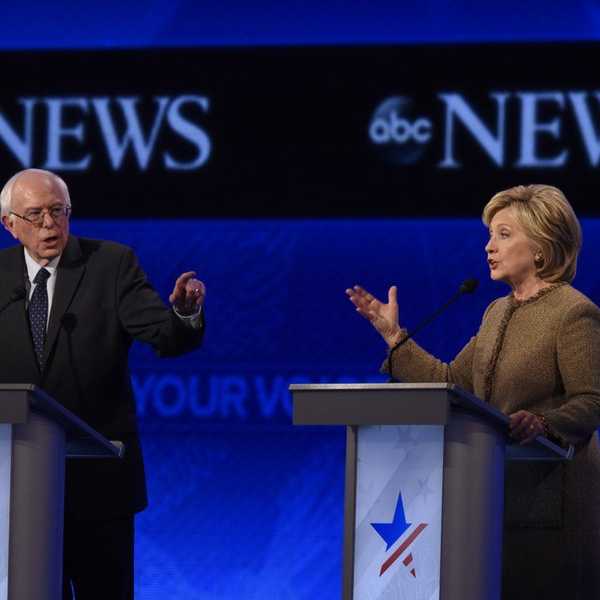For a majority of the population, Columbus Day is simply a day off. And while many school districts and work offices have stopped granting the day off, there are still many places that celebrate the holiday. Around this time, businesses begin rolling out "Columbus Day Sales," with puny one-liners about exploration and discovering America. For Native American's and other indigenous peoples, Christopher Columbus marks their histories as the beginning of an era of cruelty and genocide and the end of prosperity for their people.
If you have grown up in the American school system, there has to be a time you learned about Christopher Columbus. Everyone always learned "He sailed the ocean blue in 1492" and for many of us, the education does not go much further. For many Indigenous people, we were taught the "truth" about Christopher Columbus.
Christopher Columbus began the first slave trade of America, sending the first indigenous people he encountered back to Spain to be slaves. He was unbelievable cruel to them. He made native peoples pay tribute for existing and punished you by cutting off your hands if you did not comply. He and his men raped women and beat and harassed the native people.
Christopher Columbus started one of the biggest genocides in history. In Haiti, or the Island of Hispaniola, where Christopher Columbus made himself governor, there was estimated 8 million indigenous people when he arrived. In four years, a census indicated that this number had dwindled to 3 million. Twenty years later, there were 12,000 indigenous people, and by 1555, the entire race would be extinct from that island.
For the indigenous people of America, celebrating Columbus Day is celebrating everything they are fighting against, everything their ancestors have been fighting against for centuries. Celebrating Columbus Day is celebrating the genocide and murder of their own people. Each year, as America celebrates this "brave explorer", indigenous people mourn their ancestors. Christopher Columbus marked the beginning of years of prejudice and discrimination, the likes of which still plague the people to this day. Poverty-stricken reservations and oil pipelines ready to disturb drinking water used primarily by Native Americans are proof that these atrocities that started when "he sailed the ocean blue in 1492" still affect indigenous peoples today.
Cities around the country, like Denver, have taken the second Monday of October, that which has been previously reserved for Columbus Day and made it Indigenous Peoples Day. This holiday is meant to celebrate the rich history and culture of the Native peoples of America. In honor they so dutifully deserve.





















